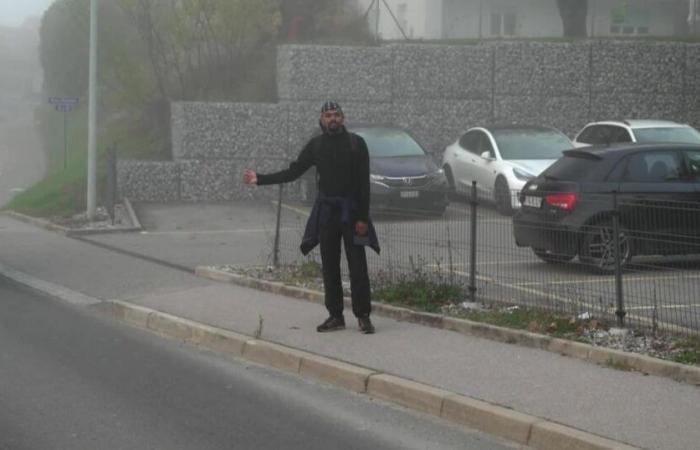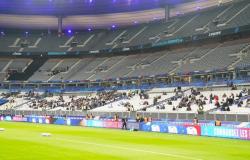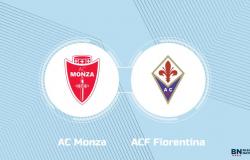Relegated to the memories of a few nostalgic hippies, hitchhiking is back along the roads. Social networks and television shows have given a new lease of life to the phenomenon, as the program Mise au point observed.
At the end of the 1960s, the hippie wave swept across Europe with its share of young people who wanted to travel simply, with their backpacks. For this generation, hitchhiking is becoming an economical way to travel the world. But in the 1980s, a wave of bloody incidents involving hitchhikers almost put an end to the practice of thumbs-up along the roads.
Thirty years later, the new generation seems to have regained confidence in this way of getting around, in the wake of films like “Into The Wild” (2007), influencers specialized on the subject or reality TV shows. such as “Pékin Express” (M6) and “Nus et Culottés” (France 5).
It is the latter which has largely restored the nobility of hitchhiking by breaking several audience records in France. The premise of the show is simple: two young men set out without money and without clothes, moving thanks to the generosity of the people they meet, and they take on surprising challenges, such as finding gold in Switzerland or organizing a piano concert on a glacier.
Develop human skills
To understand this new craze around hitchhiking, Mise au point met Guillaume Mouton, alias Mouts, one of the two stars of “Nus et Culottés”. After years of traveling the world, the 37-year-old adventurer finally settled down in the French department of Drôme.
Hitchhiking will require the development of skills and human qualities that are not necessarily innate
Guillaume Mouton defines the philosophy of hitchhiking as “the art of daring to take a step outside of our comfort zone to meet the unknown”.
“This practice will also require the development of skills and human qualities that are not necessarily innate, such as confidence in oneself and in others, the ability to marvel in difficult situations, the ability to take responsibility for choices that we have made. All this brings us to a fundamental place which opens a space for meeting others and which allows us to meet ourselves,” he explains.
>> Listen to an archive dedicated to hitchhiking:
The French-speaking people are getting caught up in the game
The French-speaking Swiss are not immune to this new trend, like Raphaël Laurent, a Fribourgeois who chose this mobility option to travel the 50 kilometers that separate him from his work. In Focus, the web content creator confides that, according to his statistics, around one in forty cars stops to pick him up. But for him, hitchhiking is above all a way to relieve his wallet.
Tijana and Bastien reached Norway by force of thumb. A trip that has sometimes been difficult for this Lausanne couple, but which also has its share of beautiful surprises in store. On their way to a campsite somewhere in Scandinavia, for example, they were picked up by an old gentleman who kindly lent them a large villa.
Some have even made hitchhiking a real sport. Every year in Geneva, several dozen participants from all over Switzerland come together for a surprising competition: to complete a 300 kilometer loop in pairs as quickly as possible, passing through Payerne (VD) and Gruyère (FR). . The fastest ones take around six hours to complete the journey. For others, the journey will take more than ten hours.
Alice and her sister Laura attended the event for the first time. When they arrived, the Genevans felt they had had a “superb experience”, but they sometimes had to deal with inappropriate comments from certain motorists. “It made us uncomfortable. It puts us in a position where, apart from saying thank you and goodbye, we can’t say anything,” they conclude.
Florian Parini/jfe






